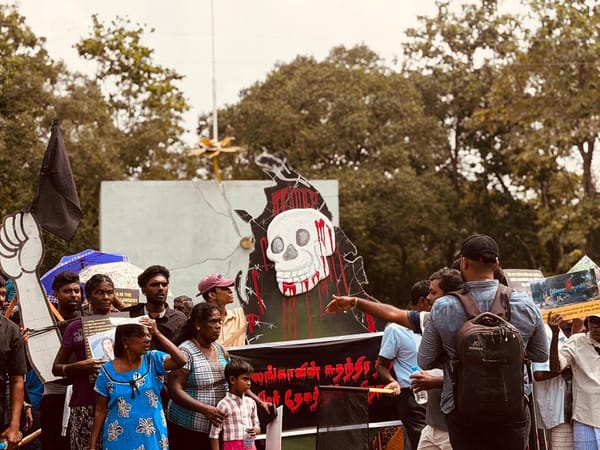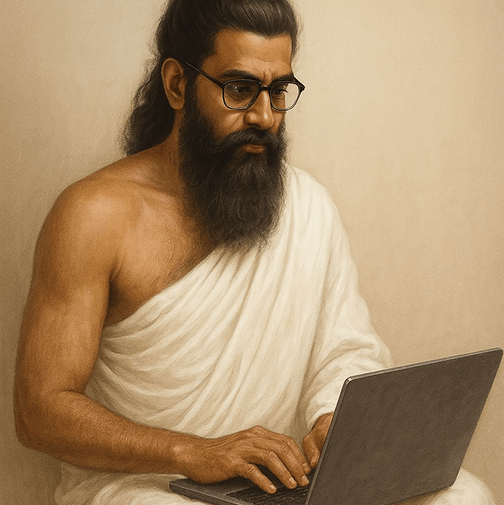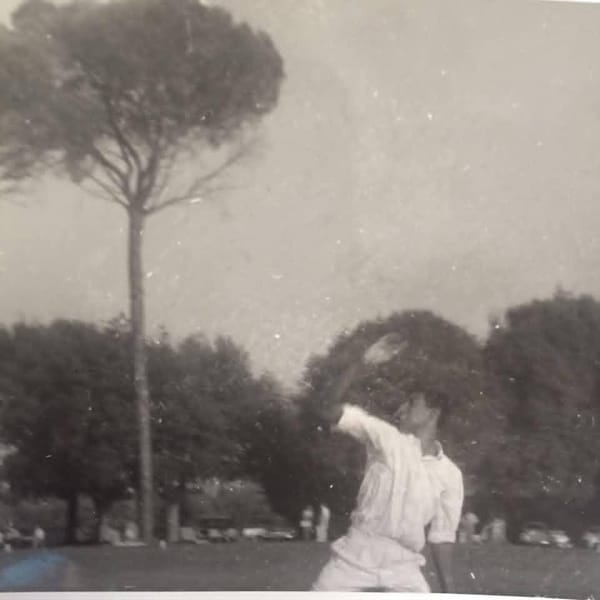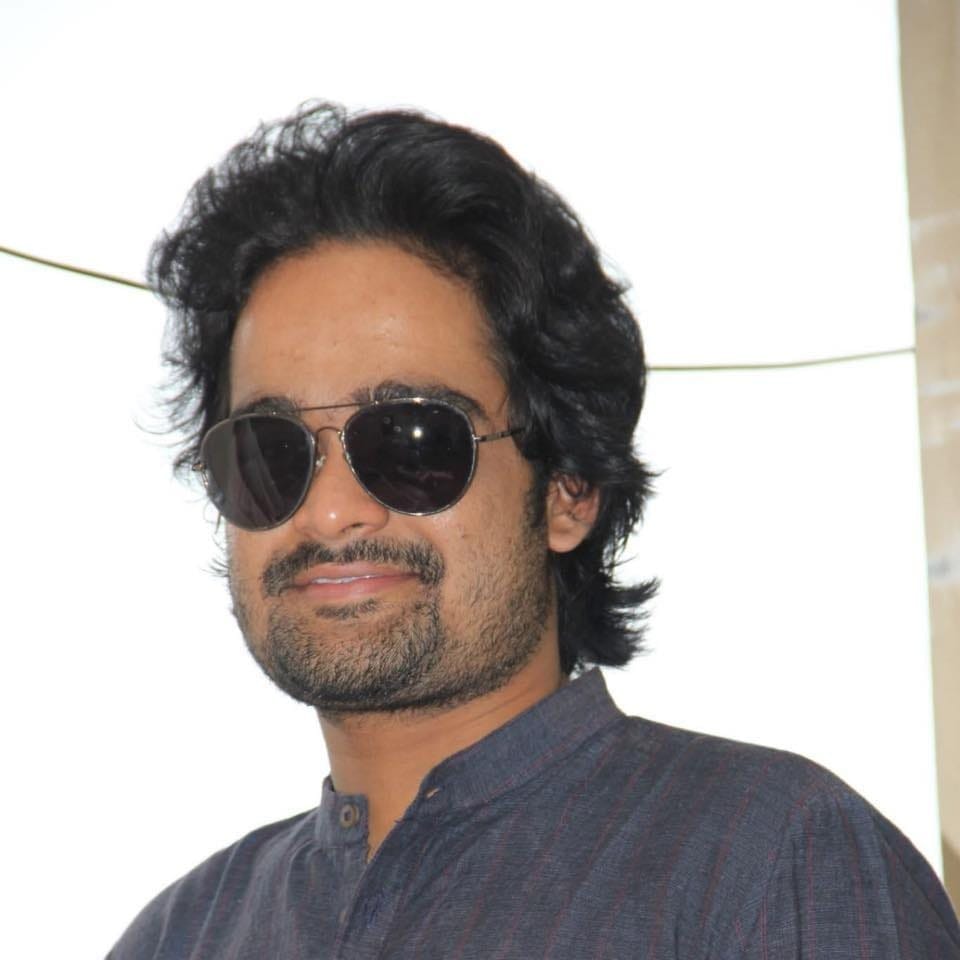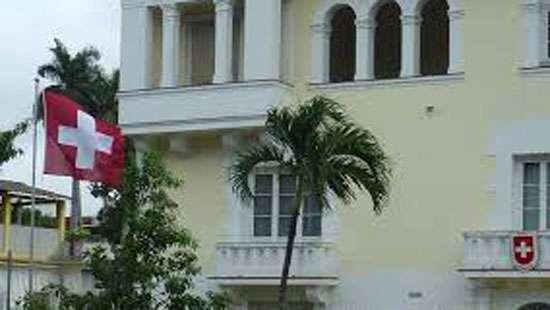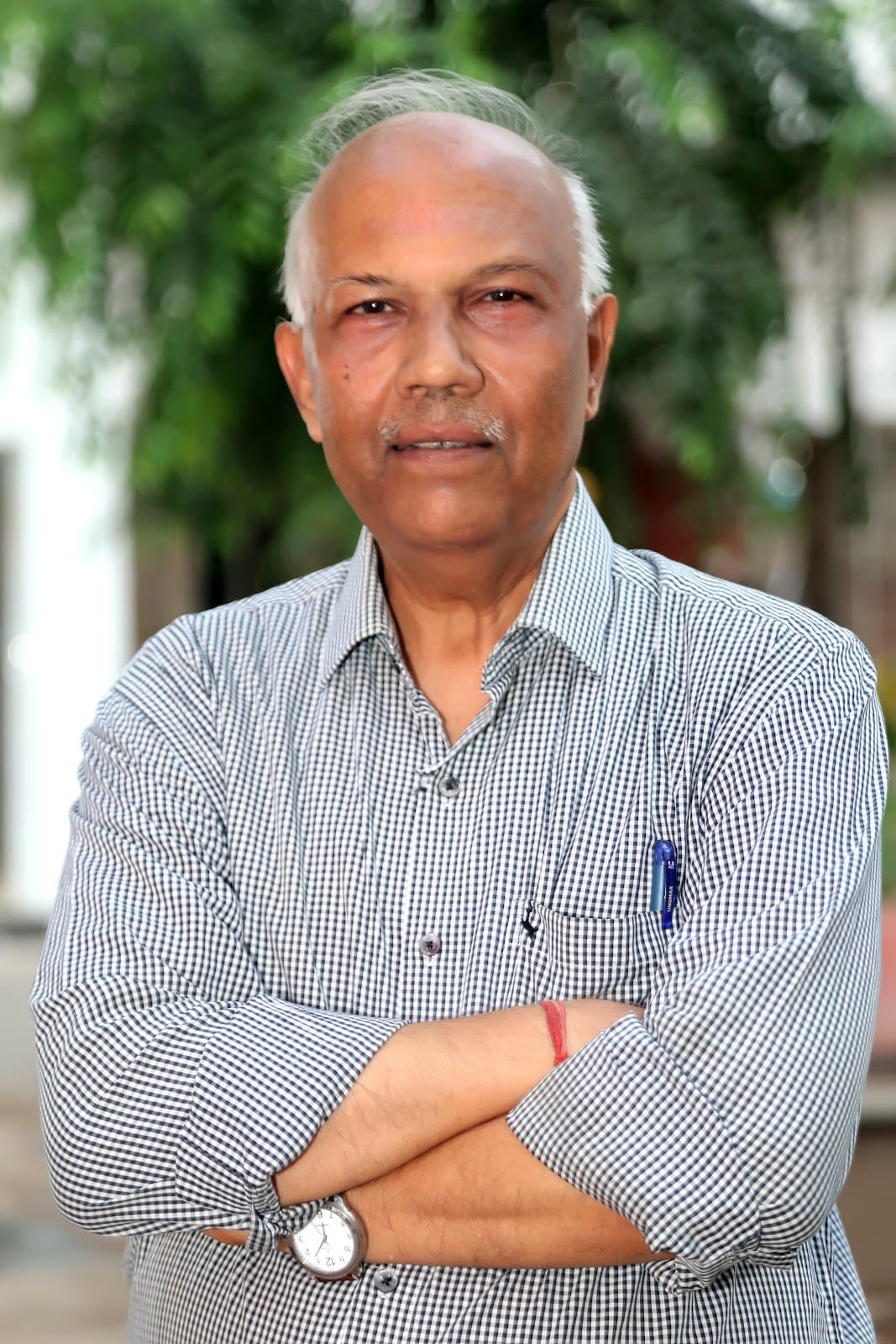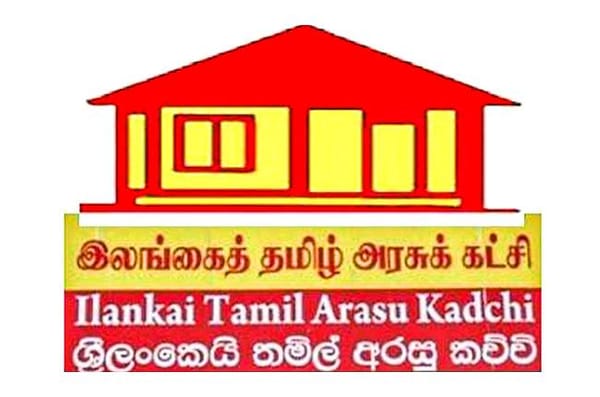Dear Editor,
For decades, the story of Sri Lanka has often been told through the distorting lens of reductionism. a complex conflict simplified into binaries of hero versus villain. Narratives were kept in protected silos: a Tamil story of state persecution, a Sinhala story of national defence, and a Muslim story of a community caught in the crossfire. These isolated accounts, while containing truths, perpetuated division.
From the rubble of these siloed histories, a more complex and honest consciousness is emerging. It is revealed through three distinct voices in the September issue of the Jaffna Monitor — an editorial, an academic, and a politician—who together refute simple answers and embrace the messy truths required for genuine healing.
The most potent rejection of a simplified narrative is found in the editorial, “WE ARE SORRY,” marking the 1990 expulsion of Muslims from the Northern Province. It shatters the reductionist myth of the purely victimized Tamil, forcing a confrontation with a history where the oppressed became the oppressor. It names the act "ethnic cleansing" and moves beyond blaming the LTTE to implicate the wider community's silence and participation in looting. It is a necessary step, proving no single group holds a monopoly on victimhood.
This move toward complexity is echoed by Professor Mahesh Nirmalan, who counters narratives of ancient division by unearthing evidence of a shared, syncretic past, such as the 14th-century Lankatilaka temple, a blended Hindu-Buddhist monument with both Sinhala and Tamil inscriptions. He also finds hope in present-day grassroots collaborations, like university academics tackling national food security, seeing them as a society healing from the bottom up.
MP Faiszer Musthapha offers a pragmatic political framework. He rejects ethnic grievance politics, arguing instead for minority engagement within larger, Sinhala-led national parties. He acknowledges the inherent risk of co-option, citing the forced COVID cremations where Muslim ministers failed to dissent. Yet, his solution is not retreat, but a more demanding engagement: compelling national parties to create space for minority voices to "speak, dissent, and demand justice." His own electoral success in Kandy, winning with majority-Sinhala support, proves this complex approach is viable.
Reductionism offers only a fragile peace. These three perspectives—moral reckoning, historical context, and pragmatic politics—embrace a more resilient truth. However, these voices signal a crucial new phase: the responsibility of all communities to dismantle their own myths. This includes the Sinhala majority moving beyond the simple, self-justifying "victor's narrative" that has often ignored minority grievances. Simultaneously, as the editorial demonstrates, the Tamil community must confront its own atrocities. The Muslim community must also reckon with internal challenges, like the extremism that led to the Easter attacks. True reconciliation demands that all parties move beyond self-serving stories. What is emerging is an honest, painful confrontation—the beginning of authentic healing built not on simple stories, but on the whole, complicated truth.
Dr. Etch Aye MD FRCA FANZCA
Melbourne, Australia


